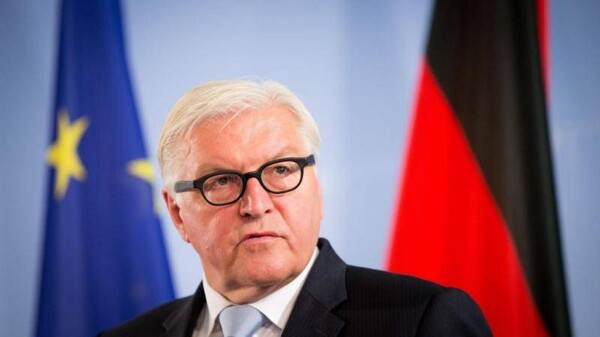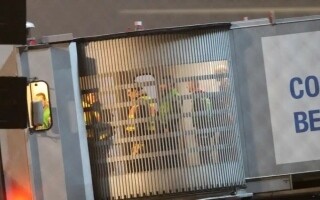In Germany, polling stations opened their doors this Sunday to hold early legislative elections. Everything points to the conservative leader, Friedrich Merz, unseating the current Chancellor and Social Democratic candidate for reelection, Olaf Scholz. The far-right is expected to be the second most voted force and possibly double its support.
In total, 59.2 million voters will have the opportunity to vote in these elections, choosing 630 members of the Bundestag from 4,506 candidates from 29 parties. About 650,000 volunteers will participate to ensure the proper conduct of the elections.
The electoral campaign was marked by the debate on migration and security. Uncertainty remains high due to the number of undecided voters. The call for these early elections came after the collapse of the coalition of social democrats, greens, and liberals.
So far, the conservative block leads the polls with approximately 30% of voting intention, followed by the far-right Alternative for Germany (AfD), Scholz's social democrats, the Greens, and The Left.
The unknown lies in whether the liberals and Sahra Wagenknecht Alliance (BSW) will manage to surpass the 5% needed to enter the Bundestag. The chances of forming a government coalition will largely depend on this result.
The conservative favorites prefer an alliance with the social democrats, as long as they commit to supporting the migration turnaround proposed by Merz, which advocates closing borders to asylum seekers.
Germany's economic situation, at risk of completing a third year in recession, along with uncertainty due to the war in Ukraine and the policies of the Donald Trump administration also mark these elections. The first results are expected to be announced around midnight after the polling stations close.















